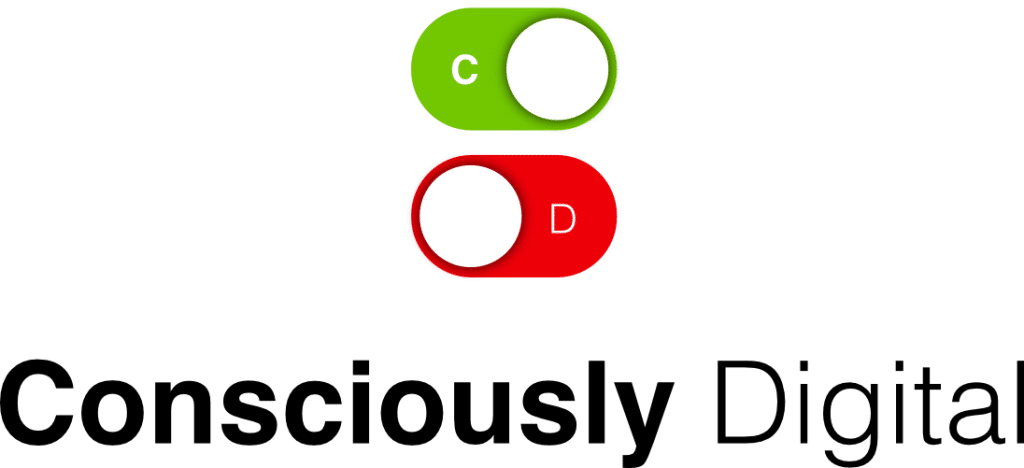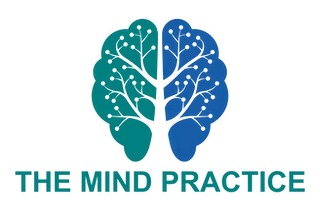Digital Wellness Coaching
Sarah trained as a Digital Wellness Coach through Consciously Digital to help her clients gain back control over their use of technology. Individuals with ADHD may be at a higher risk of overusing technology due to several factors that align with the characteristics of ADHD and the nature of digital environments.
ADHD is often associated with dysregulation in the brain’s dopamine systems. Dopamine is a neurotransmitter which plays a crucial role in attention, motivation and reward processing. In people with ADHD dopamine is transmitted, processed and reabsorbed differently, affecting these brain functions.
These differences can cause us to seek stimulation. Technology, especially video games and social media, provides constant and varied stimuli. Humans have a Novelty Bias which causes the brain to prioritise whatever is novel and more interesting, rewarding us by releasing dopamine which makes us feel good. Novel and exciting experiences counter the feelings of restlessness or boredom which are common in ADHD.
People with ADHD may have an increased sensitivity to immediate rewards because of the underlying lower level of dopamine in the ADHD brain. Digital Tech often provides instant gratification (for example, every time your photo is “liked”, or every level of a game that you win). Apps and websites are designed to activate dopamine pathways and keep our attention for as long as possible.
Difficulties with self-regulation make it harder for people with ADHD to manage their time effectively or to limit their technology use. We often use tech to escape from a difficult piece of work or perhaps we are distracted from our task by a notification.
Many people with ADHD do not have a regular daily routine and find that the ease of access to technology leads to using tech at all hours. Poor time planning and difficulty prioritising along with the ADHD impulsivity means that tech can interfere with sleep, work, exercise and other daily activities.
As Dr Anna Lembke concludes in her book “Dopamine Nation”, “The smartphone is the modern-day hypodermic needle, delivering digital dopamine 24/7 for a wired generation”.
Sarah works with clients to help them identify the digital habits that are negatively affecting their life. Together they build strategies to reduce use of technology in order to enhance mental health, boost productivity, improve focus and improve relationships.

